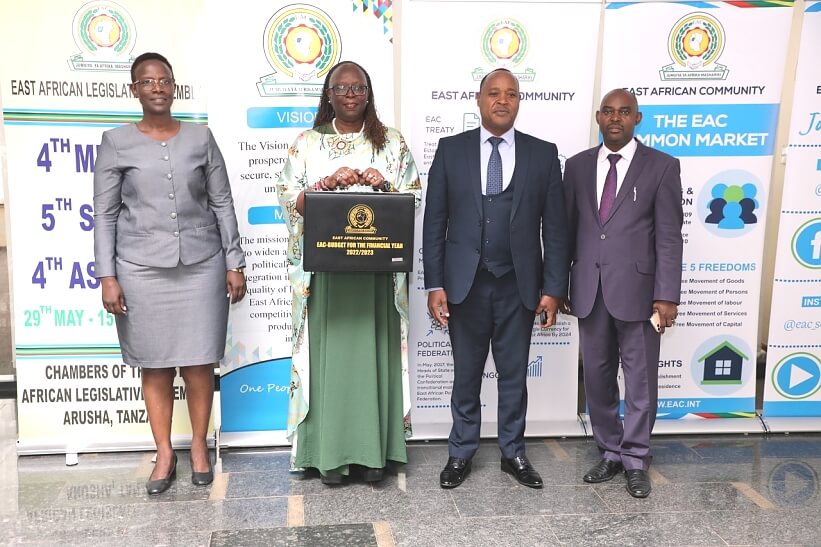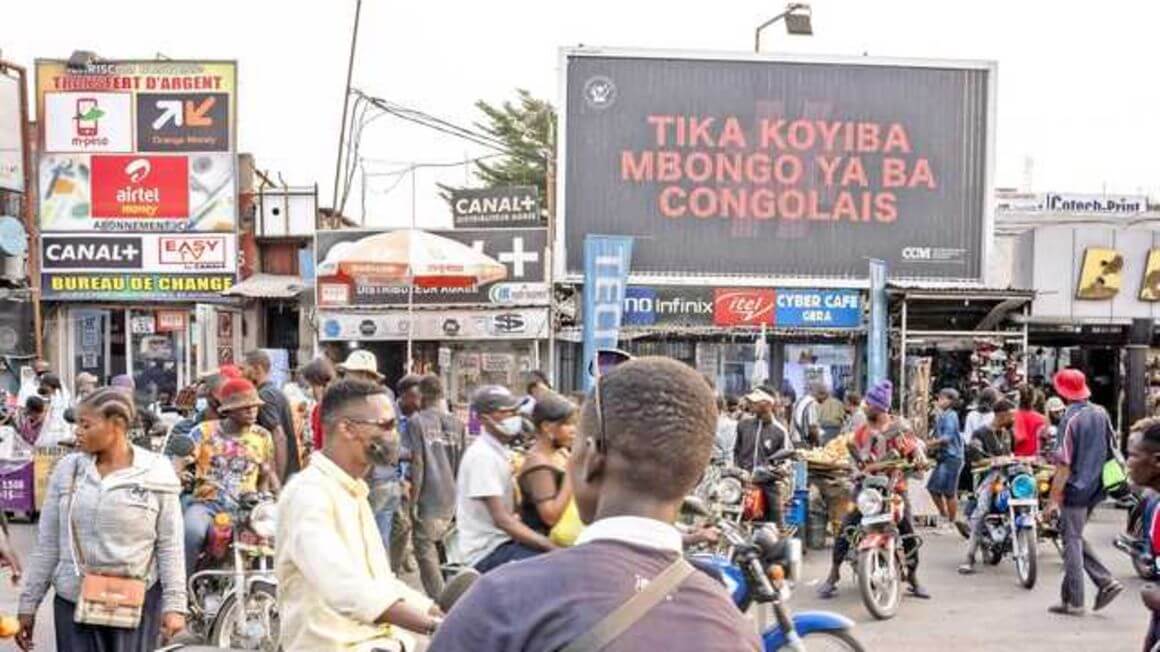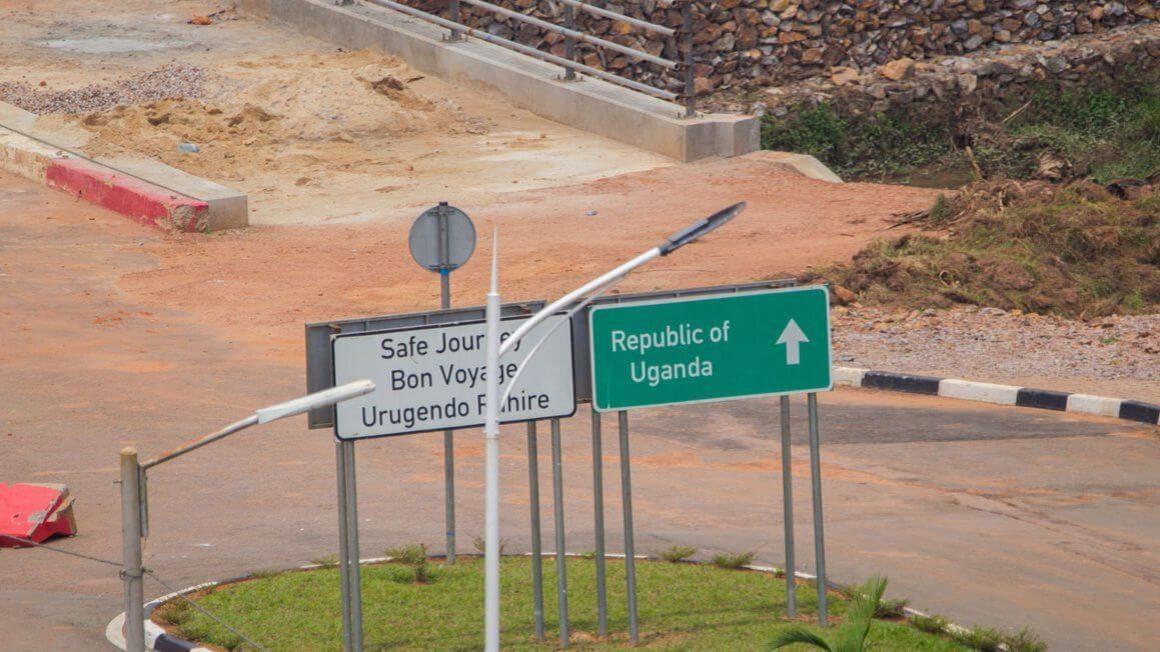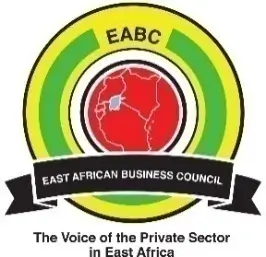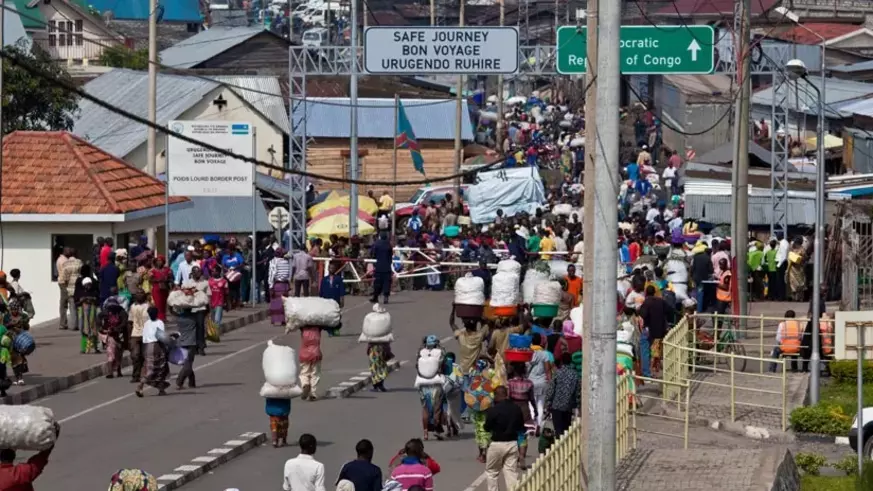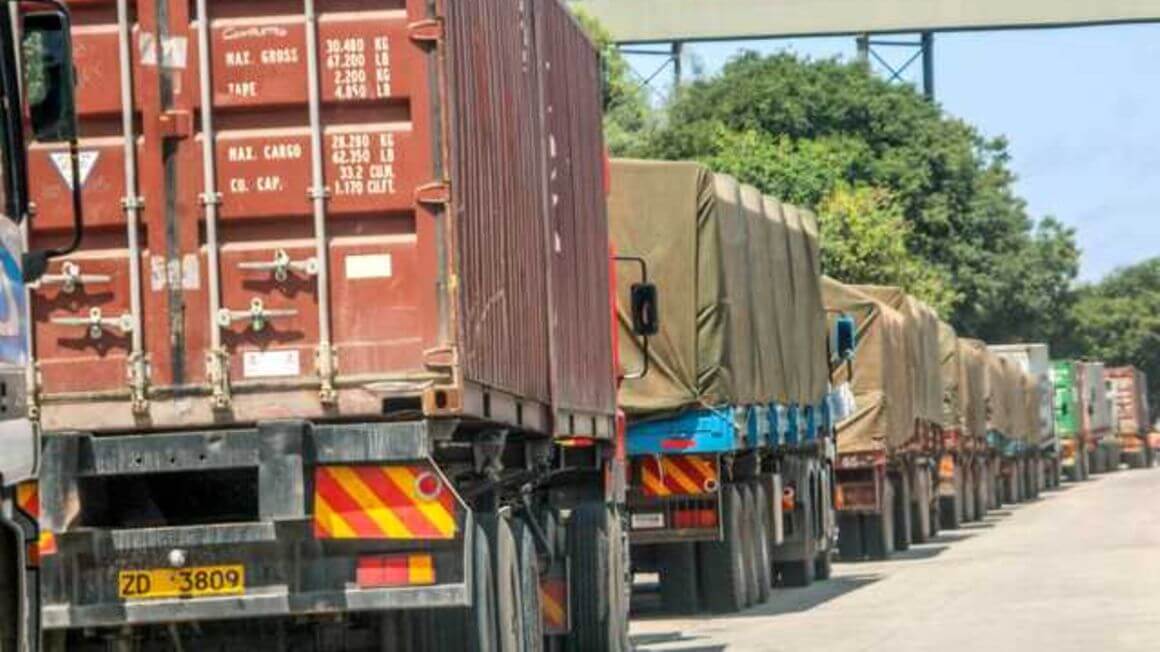East African Community Headquarters, Arusha, Tanzania, 2nd June, 2022: The East African Community (EAC) has tabled before the East African Legislative Assembly (EALA) the budget estimates for the 2022/2023 Financial Year totaling US$91,579,215. Presenting the speech before the Assembly, the Chairperson of the Council of Ministers and Kenya’s Cabinet Secretary for EAC and Regional Development, Hon. Betty C. Maina, said that the budget estimates for the Financial Year 2022/22023 are being presented at a time when the world’s economic recovery from the COVID-19 pandemic is under threat from the rising prices of fuel and other commodities, occasioned by the Russian – Ukrainian conflict. “Economic growth in the EAC region averaged 5.9 percent in 2021, compared to an average of 2.3 percent in 2020. The strong regional economic growth in 2021 was largely supported by increased removal of COVID-19 related restrictions, public investments and strong performance in the productive sectors,” said Hon. Maina. The Cabinet Secretary noted that the rising commodity prices, especially fuel and food, are impacting negatively on the welfare of East Africans and the world alike. “Global economic growth is expected to slow down from 6.1 percent in 2021 to 3.6 percent in 2022. Economic growth in the EAC region is projected to decline from an average of 5.9 percent in 2021 to 5.3 percent in 2022 and 5.7 percent in 2023,” she added. The 2022/2023 Budget is themed ‘Accelerating Economic Recovery and Enhancing Productive Sectors for Improved Livelihoods.’ Hon. Maina said that the EAC would focus on...
EAC tables US$91.5 Million Budget Estimates before EALA for the 2022/2023 Financial Year
Posted on: June 9, 2022
Posted on: June 9, 2022

